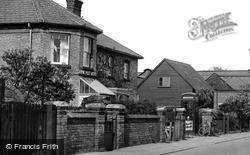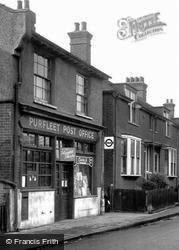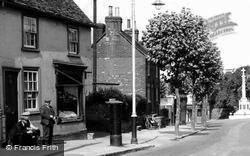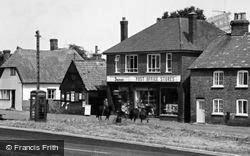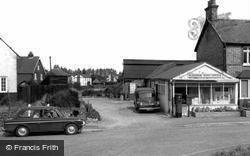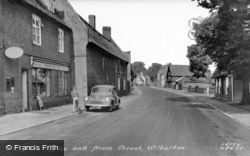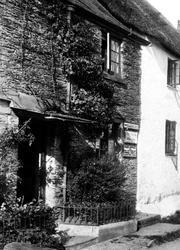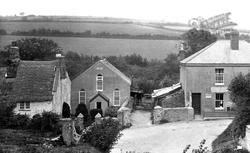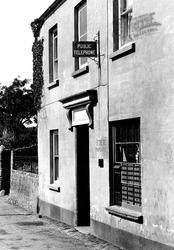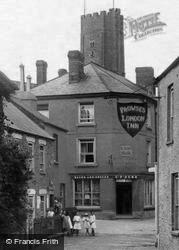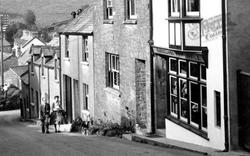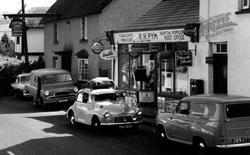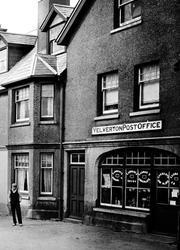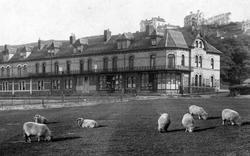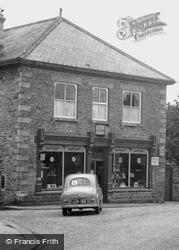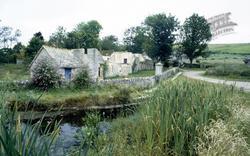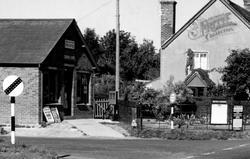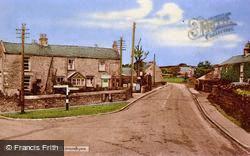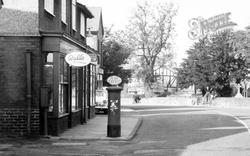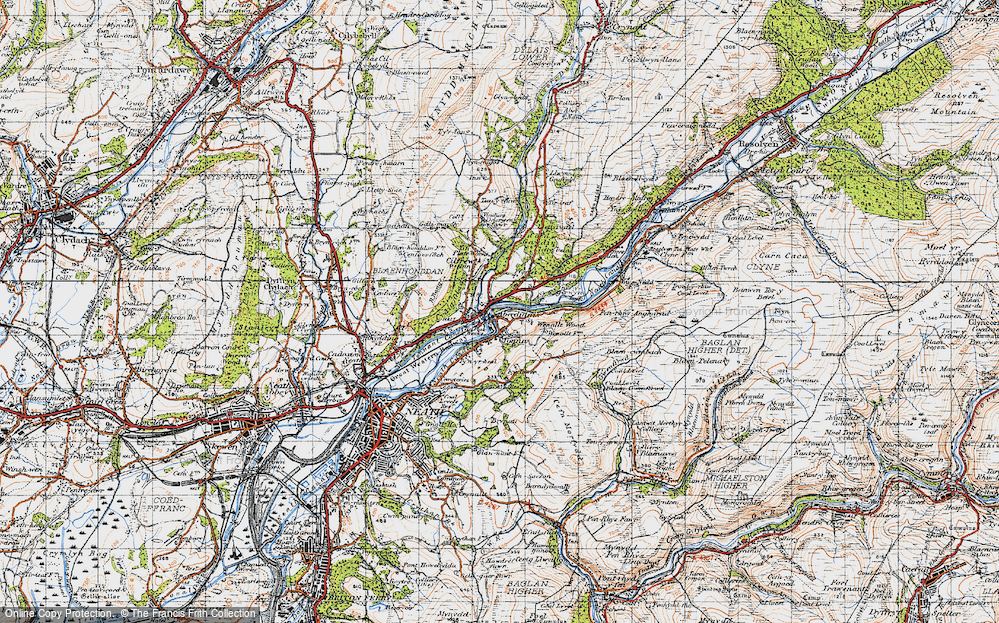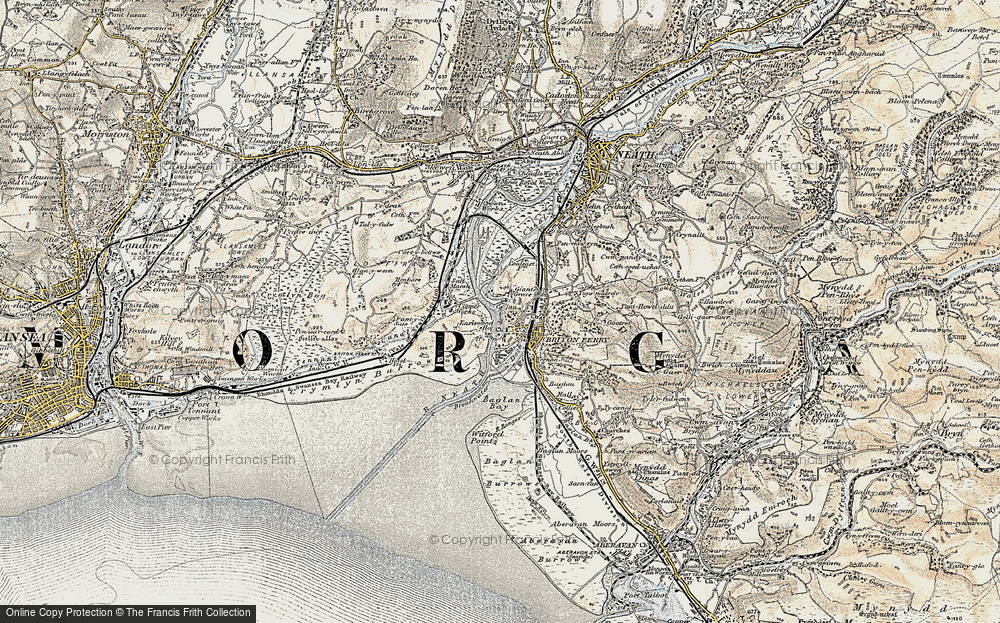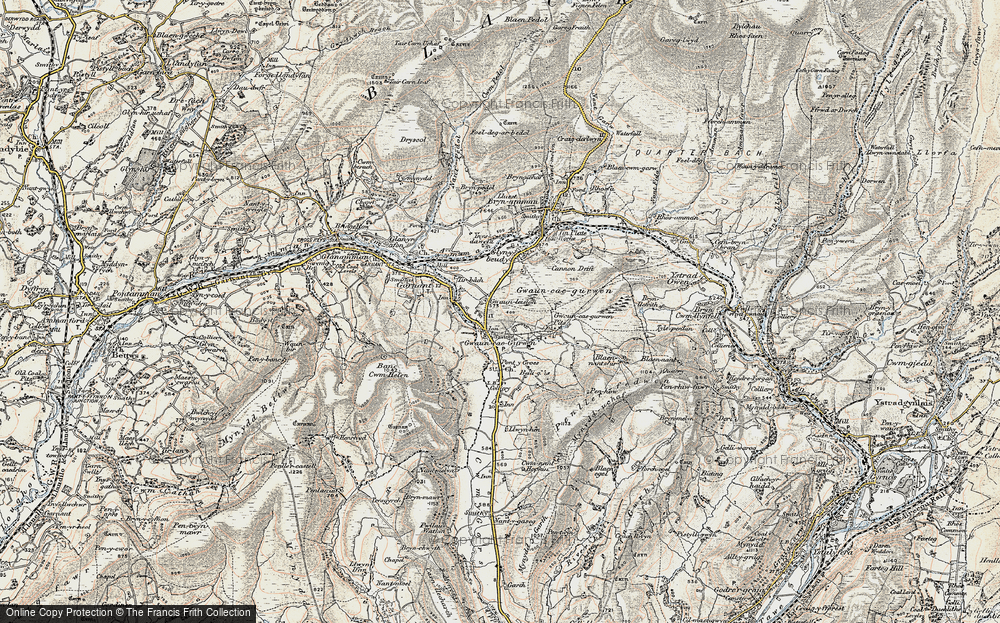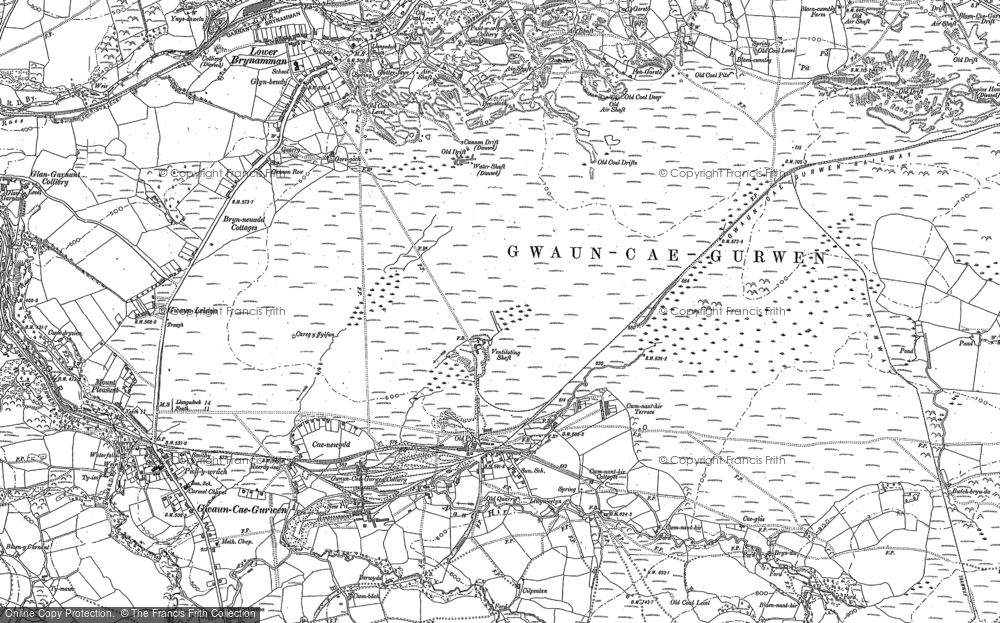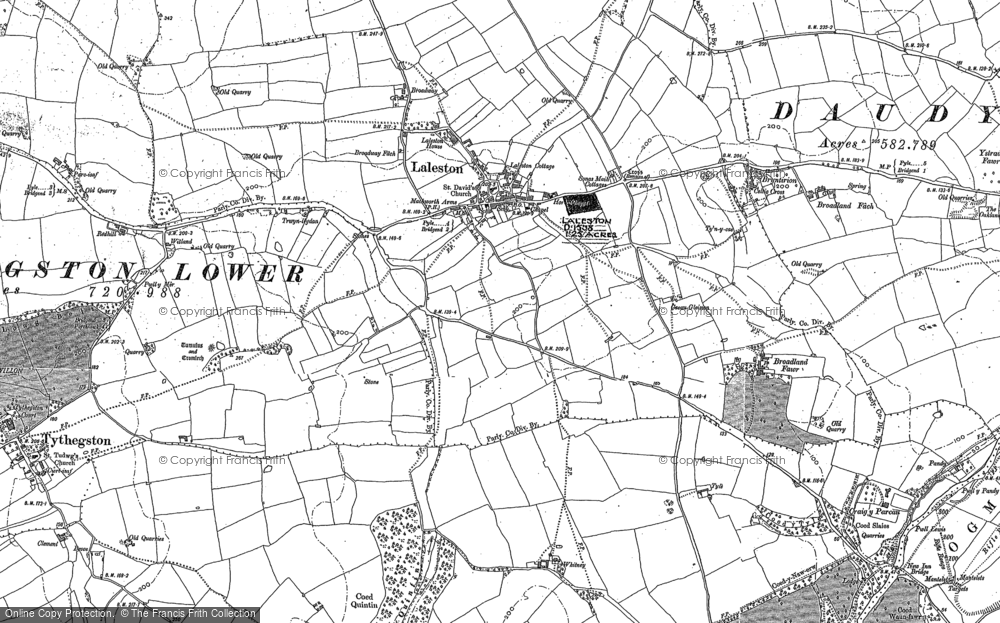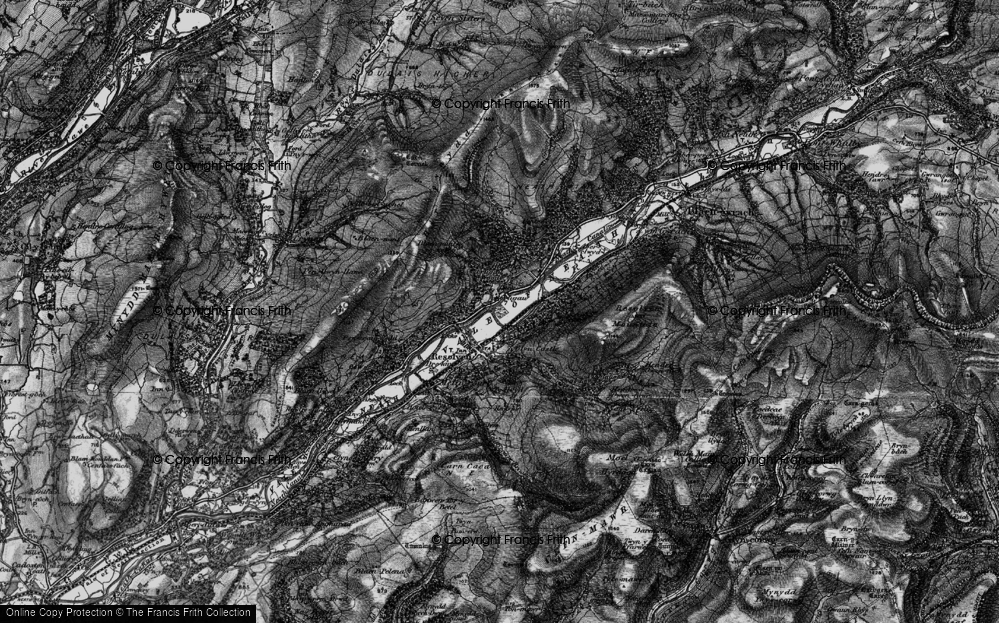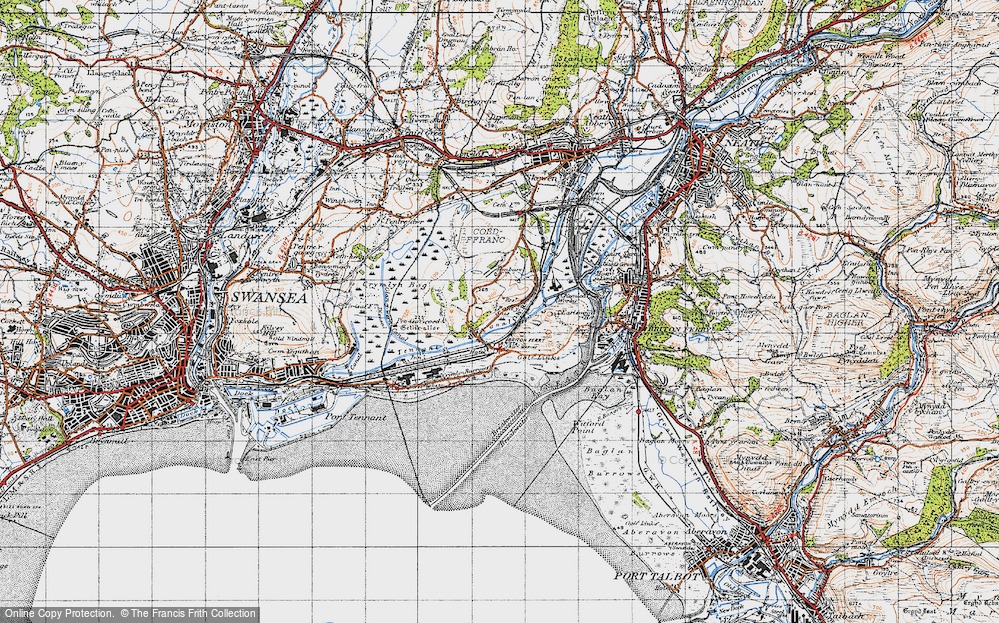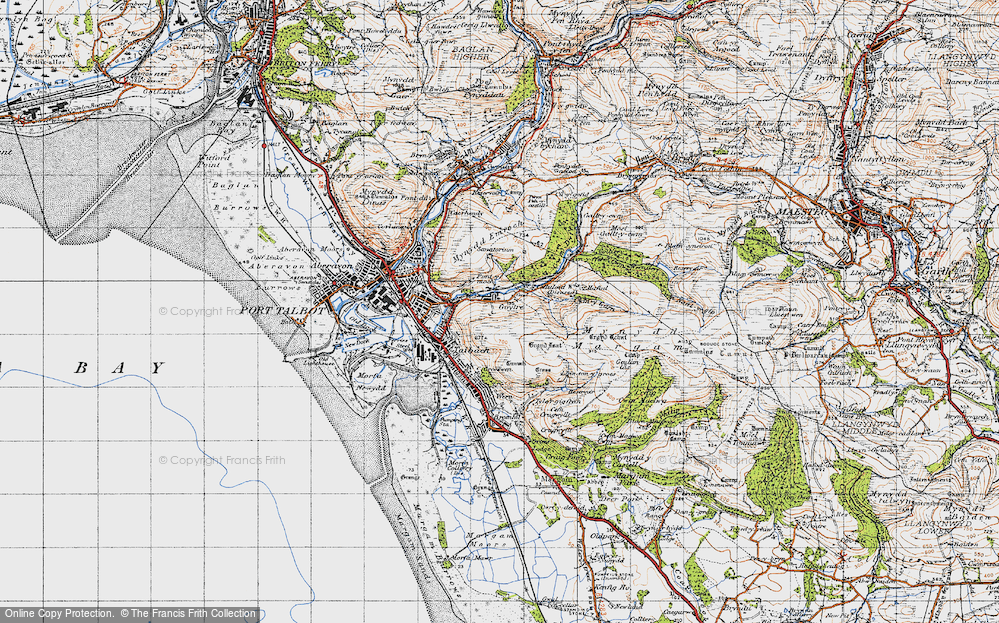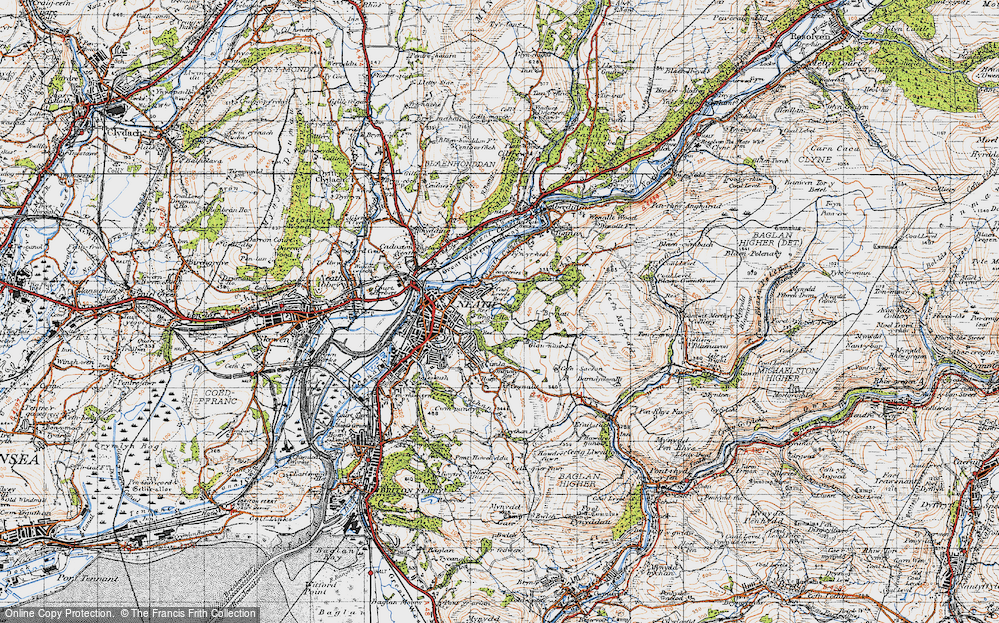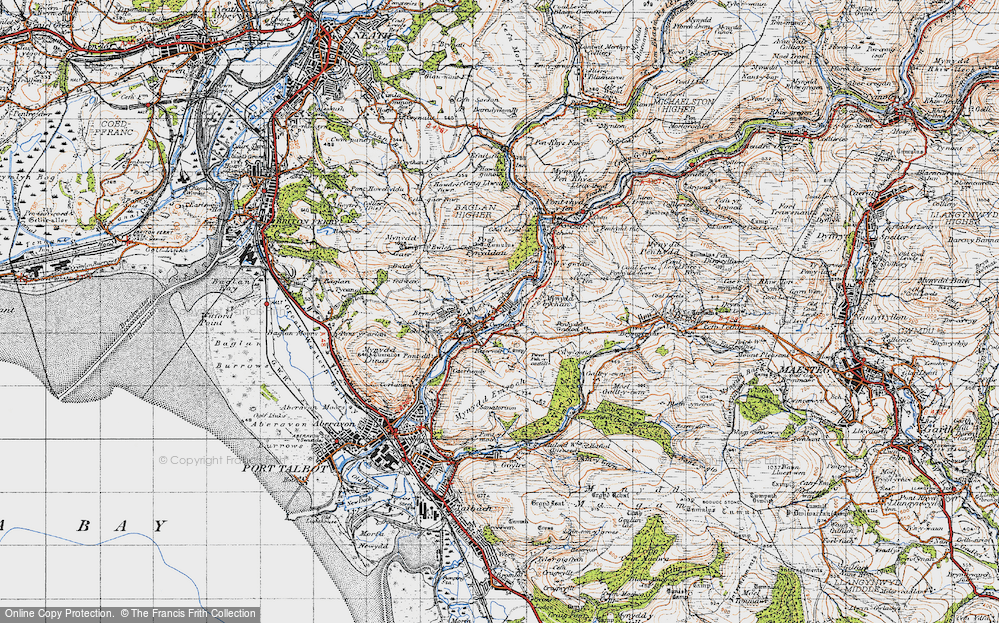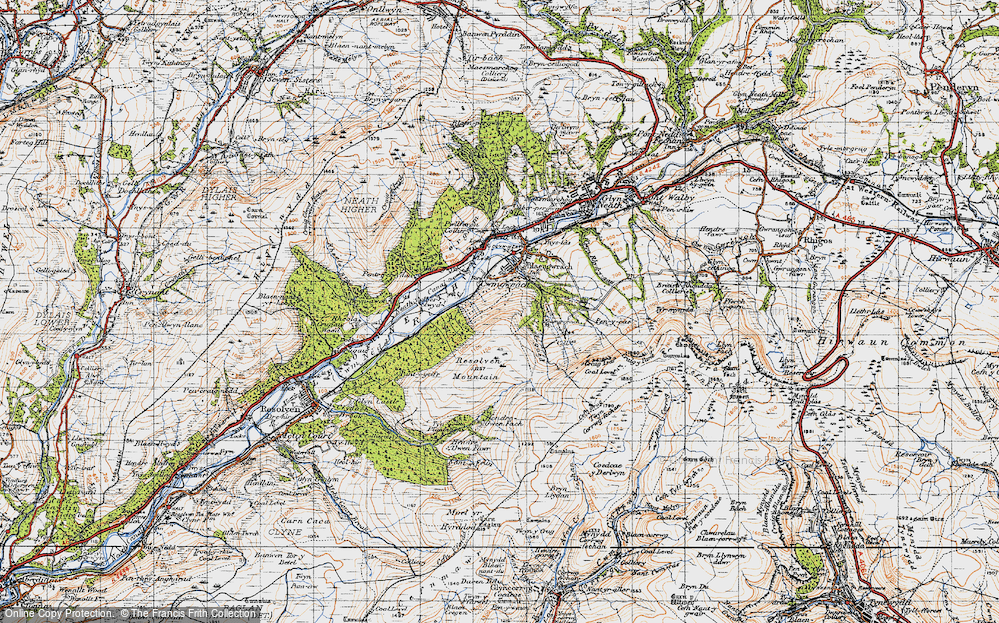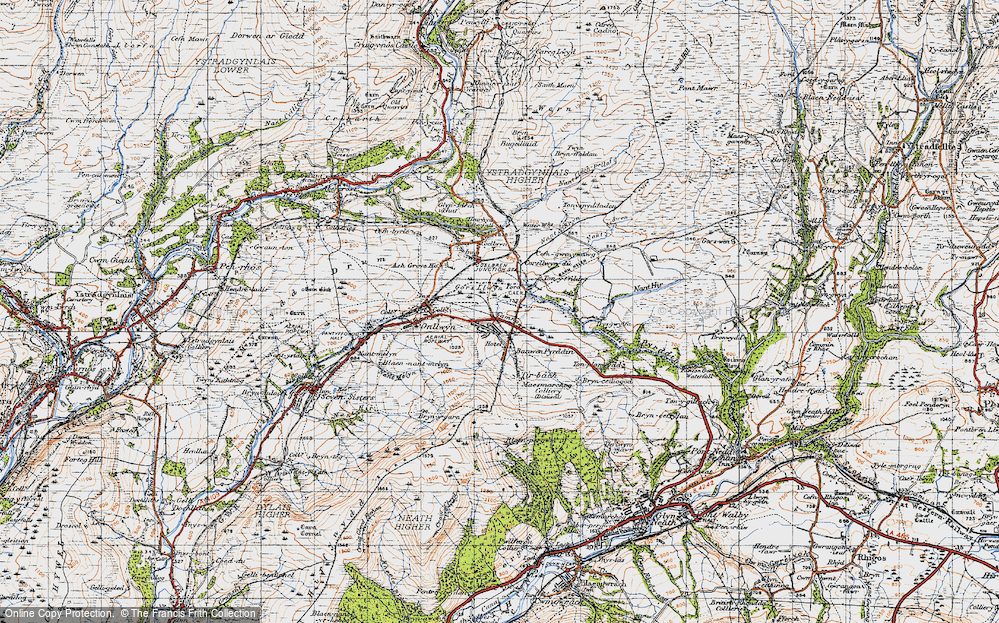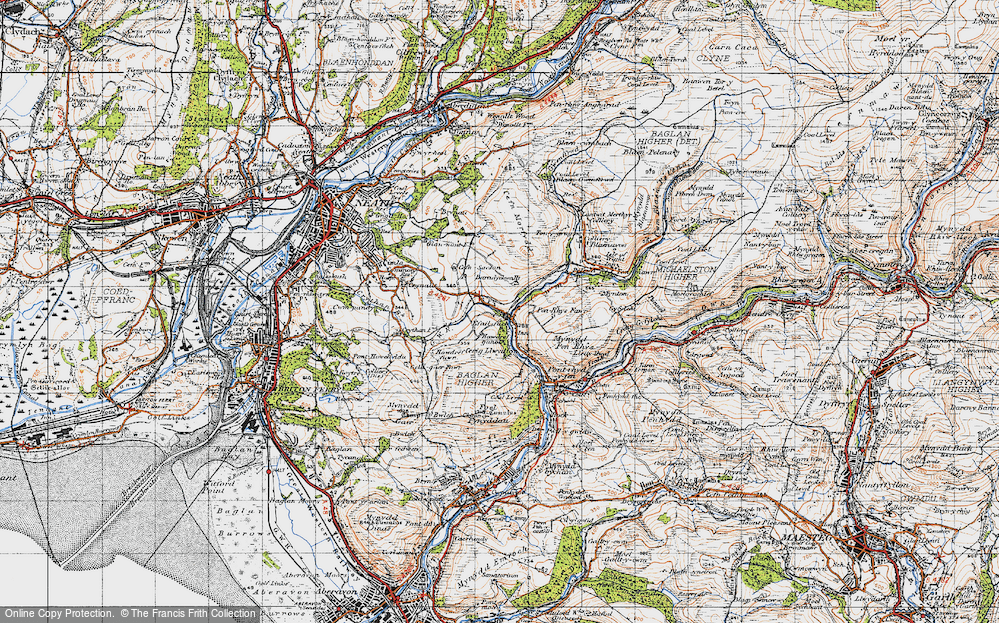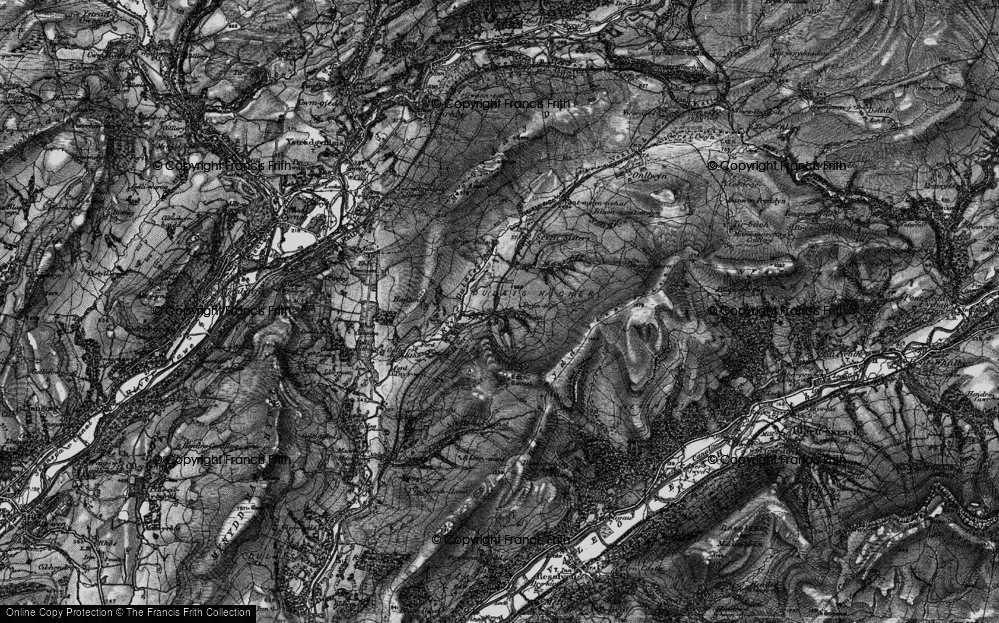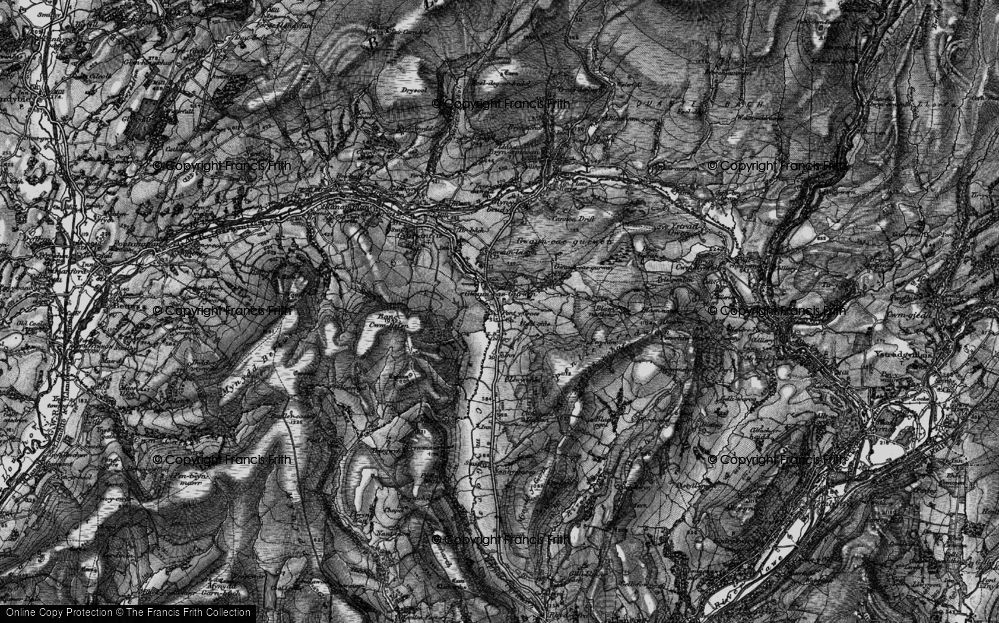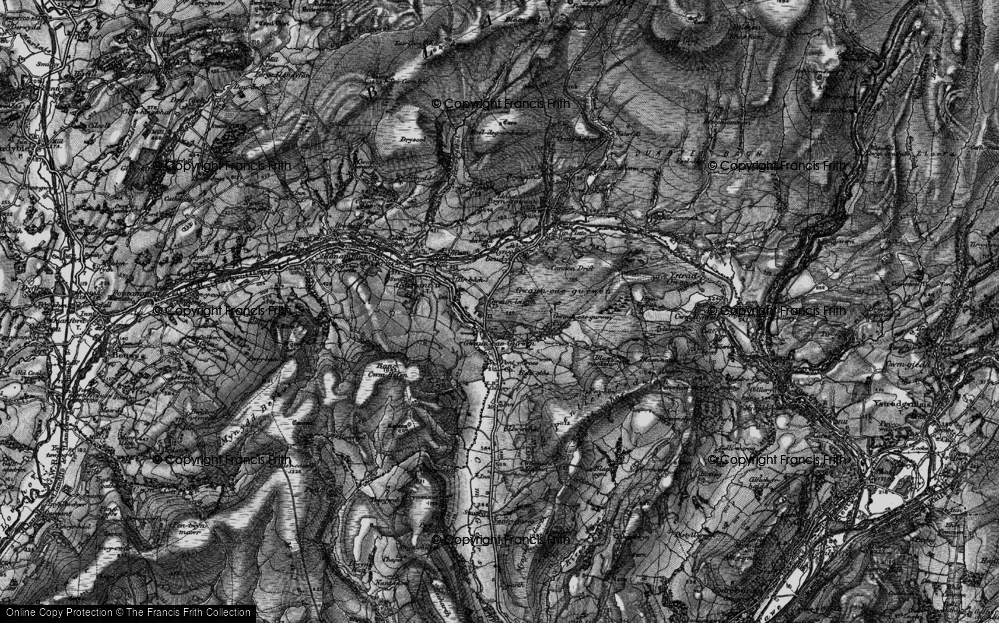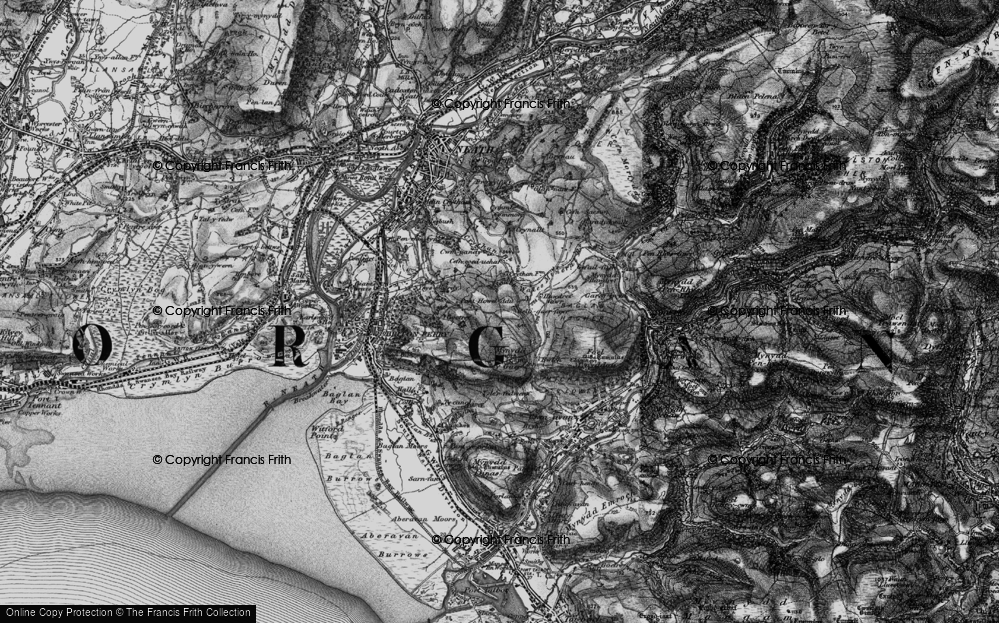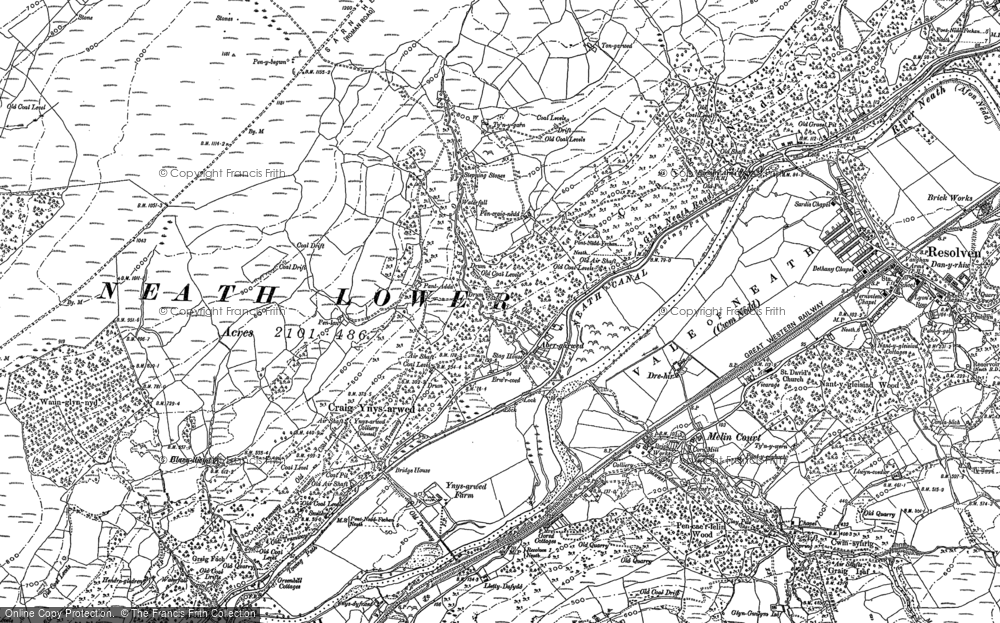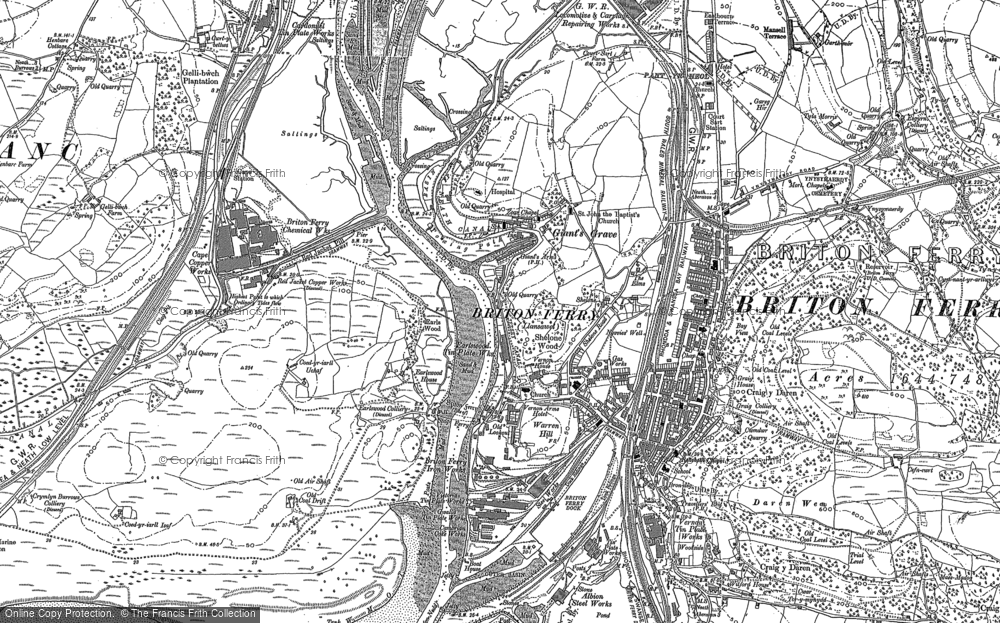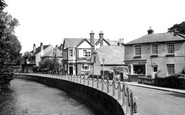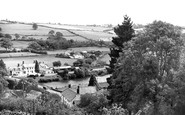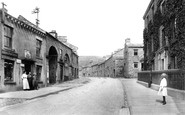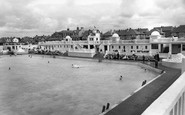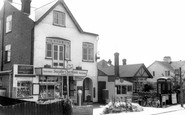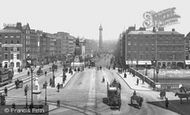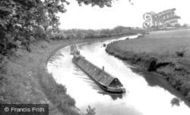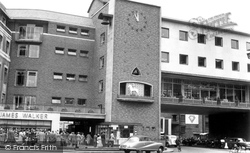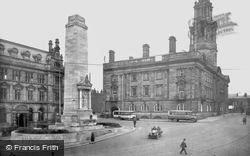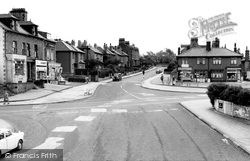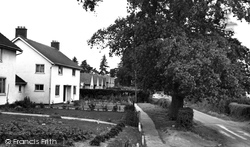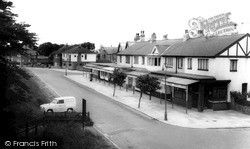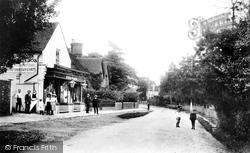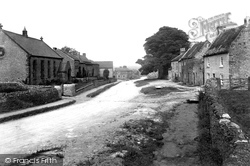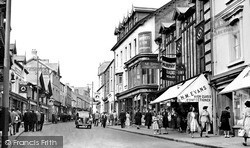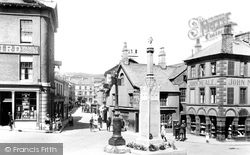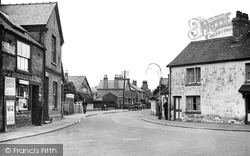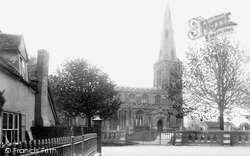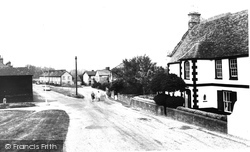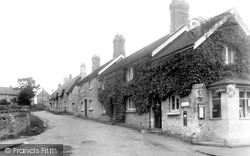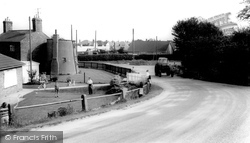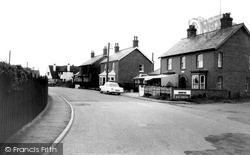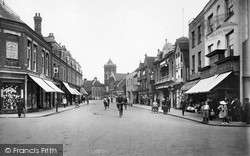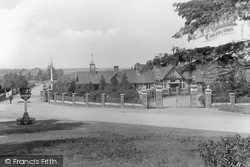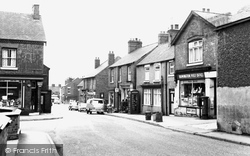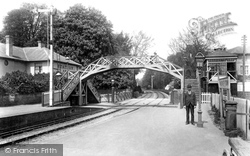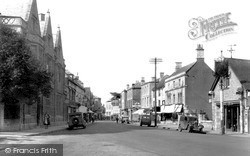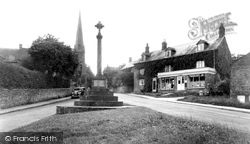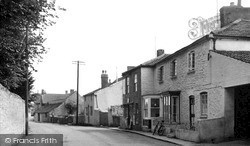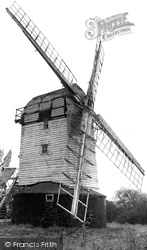Places
9 places found.
Those places high-lighted have photos. All locations may have maps, books and memories.
Photos
2,748 photos found. Showing results 461 to 480.
Maps
776 maps found.
Books
1 books found. Showing results 553 to 1.
Memories
2,736 memories found. Showing results 231 to 240.
Smart's Fish Saloon.
Re Smart's Fish Saloon. My parents Peter and Wyn Pellerade owned this from 1952 to the early 60s when it was demolished to make room for flats. The site never got used but has recently been developed into a doctors surgery. ...Read more
A memory of Bishopstoke by
View Down Onto Umberleigh Bridge, Showing Village Square
It is with great interest we see your picture of the village square, showing what is now the Post Office and largest post code sorting office in England. It also shows the Regency Gables Tea ...Read more
A memory of Umberleigh by
My Early Years
On the 2nd September 1952 I was born at Manor Farm. I lived there with my parents, my maternal grandfather and two older brothers. I know my grandmother was alive when I was born but, unfortunately died soon after. My ...Read more
A memory of Yealand Conyers in 1952 by
Winnville
Winnville opposite Askrigg Post Office was the residence of George Winn and his wife Elizabeth. George was born in 1808 in Nappa Hall Askrigg along with his brothers Richard Metcalfe Winn and John Winn who became the vicar of St Andrews ...Read more
A memory of Askrigg in 1860 by
"Hoylake Baths"
I recall happy memories of the Bathing Pool. It had two fountains spurting over fake rocks. We used to climb on these to cool off. In those days the Summers seemed to go on forever. The baths used to attract large attendances in those ...Read more
A memory of Hoylake in 1957 by
Happy Times
During the last war my father served in the Merchant Navy and saw Aberdaron from the sea, that was to be the beginning of many trips and a life-long love of the village. I started going to Aberdaron at about the age of six and have ...Read more
A memory of Aberdaron by
Where We'd Spend Our Tuck Money
As a child aged 7 in 1955, I used to holiday with the Shaftesbury Society at a camp, just round the corner. The camp had several dormitories, each accommodating about 10 children. The fortnight I'd be there would ...Read more
A memory of Seasalter by
Memories Of Benson
My memories of Benson started in 1946/7 when we moved to Sunnyside, which in those days did not have the recreation field. Nor did the village have street lighting apart from a couple in the High Street, one of which was on the ...Read more
A memory of Benson in 1947 by
Now O'connell Street
The street was officially renamed O'Connell Street in 1924 after Daniel O'Connell as Ireland moved forward as a free state! Nelsons Pillar seen in the distance (middle) was destroyed in the early morning on the 8th of March 1966 ...Read more
A memory of Dublin by
Australians On The Cut 1975
Having left Australia on an open-ended working holiday to England in January, 1974 with my girlfriend, it was hard to imagine that within six weeks of arriving in London we'd be living on a leaky old narrow boat ...Read more
A memory of Leighton Buzzard in 1975 by
Captions
1,653 captions found. Showing results 553 to 576.
The event is further commemorated in Broadgate by a puppet clock which dates from Coventry's post-war reconstruction.
The event is further commemorated in Broadgate by a puppet clock which dates from Coventry's post-war reconstruction.
In this later photograph, Preston's war memorial now occupies the open space in front of the Post Office.
Shops and a post office overlook the junction in the centre of the village by the railway station. Just along Station Road, on the left by the chemist is the Marine Café.
In the post-war period the provision of Local Authority housing increased to meet the demands of a rising population.
Traditionally, retail outlets built on the approaches to railway stations serving local lines have proved to be most profitable.
The volume of mail soared after the railway came in 1865, and so as not to confuse it with Crawley, the Post Office soon had the name changed to the spelling used today.
On the near right is Tenby Cottage, next to the old post
Shatz & Sons (fourth from the right) was a furnishing business established in 1891, with a wholesale warehouse in the High Street and a showroom in Post Office Lane.
The lamp post still stands, but without its light, and beside it Ulverston's war memorial has been erected.
Adjoining the post office is Enjoyable Cottage; then comes the roof of the Primary School, and Russell Villas of 1885. The furthest buildings were demolished in the 1970s.
Inside is a very fine roof with carved angels at the feet of the principal rafters, and at the wall post is a small, carved figure, possibly an apostle.
Beyond the green there is a row of post-enclosure brick cottages.
The post office is also a 'Savings Bank' and 'Money Order Office'. Bus timetables announce United Counties services.
Over the years it has lost one chimneystack. All the telegraph posts have also disappeared. The fence is more substantial now, as it is a tall green hedge.
The biggest change is that the shop is now twice as big: it includes the post office, and takes up the whole of the downstairs of the semi-detached house.
Opposite - a sign of the post-Great War years: a Ministry of Labour Employment Exchange.
Even the lamps on the gate posts have royal crowns on top. Because of its importance, the locals take great pride in keeping the whole village maintained in an immaculate condition.
But coal was still king when this photograph was taken of the High Street, and the post office, on the left, was a centre of village activity.
This one was known as Andover Town - we can just see the sign on the right, by the post box. This station has gone, and now there is just one to serve the town.
The Kings Arms Hotel (right), built in 1750, was a stop for the changing of horses and the collection of post on the London to Bristol route.
The war memorial pillar has a floral design, and commemorates those lost in the two World Wars. The post office has moved to another part of the village.
Biggs' general store (right), now the post office, sits here above Good's Farm. To the left is the grey lias wall of Admiral Blake's home, Puriton Manor.
This mid 18th-century post mill has 'I Swan 1749', 'W Bedwell' and 'John Swan 1754' carved on the beams. The mill was restored in 1966-68.
Places (9)
Photos (2748)
Memories (2736)
Books (1)
Maps (776)


